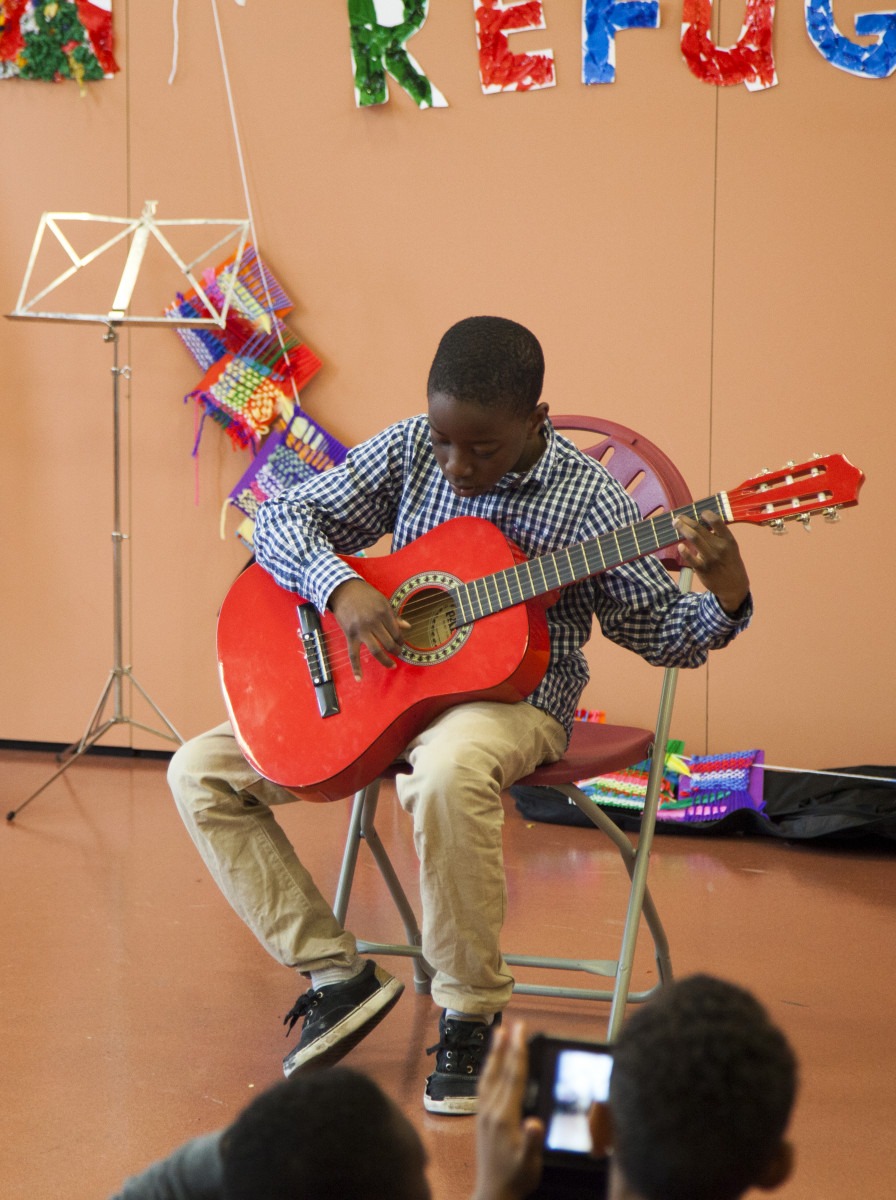Why we should be working in partnership with non arts based organisations

Our recent toolkit and model (http://www.fairbeats.co.uk/blog) explores the work we have been doing with non arts based community organisations since 2011. We work with new minority communities in London, particulalry refugees and asylum seekers. Partnership work enables us to reach families who might not otherwise access music making. It also means that as a small charity, operating on a shoe string we are able to reach over 100 participants a year.
Fairbeats! has been running for five years and a registered charity since November 2015. As part of our most recent Youth Music project we’ve written a model (http://www.fairbeats.co.uk/blog) based on the work we have been doing including a practical checklist for setting a project up. Although we work with young refugees, asylum seekers and new migrants much of what we do could be transferred to other settings. We have a strong focus on progression and particularly working with community organisations to reach children, young people and families who might not otherwise access music making.
The model focuses on the idea of a ‘progression project’. Progression projects embed high quality, open access music making in a grass roots community organisation where regular music making is not currently happening. They are usually attached to an educational offer that already exists, for example a supplementary school, homework club or holiday programme. Typically the additional musical offer is between 30 - 60 minutes per week for each participant.
Progression projects are long term and enable staff and volunteers to build relationships with participants and families. Through establishing a culture of music making and its associated benefits within the familiar and tailored environment of a grass roots organisation they aim to engender a desire and confidence to pursue further music making amongst participants and their families.
Projects are led by a music leader and a musical progression manager with clearly defined roles and responsibilities. Progression beyond the projects is supported by the musical progression manager who facilitates pathways for participants to next step opportunities by liaising with arts organisations keen to welcome participants from diverse communities.
We’ve found that this way of working, in partnership with community, grassroots and non arts based organisations enables us to reach families who might not otherwise engage. Community organisations such as Action for Refugees in Lewisham, Refugee Action Kingston and Love to Learn homework club have established relationships with local families and are already supporting them to access additional support – this takes the burden off Fairbeats! to reach and recruit participants. By sharing resources, skills and experience the partnerships are able to provide activities which further the aims and missions of both organisations.
The model and checklist explore some of the considerations and the methods we use to make these projects happen. The full report can be accessed here: http://www.fairbeats.co.uk/blog.
